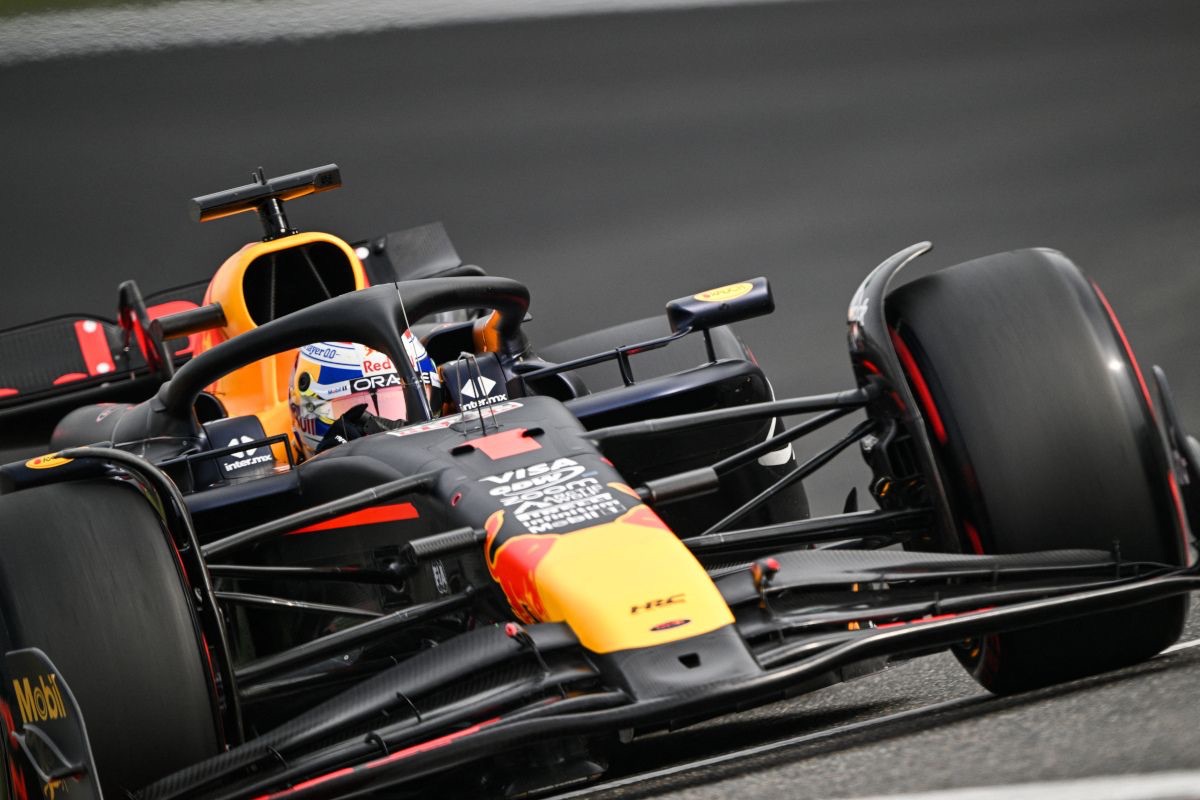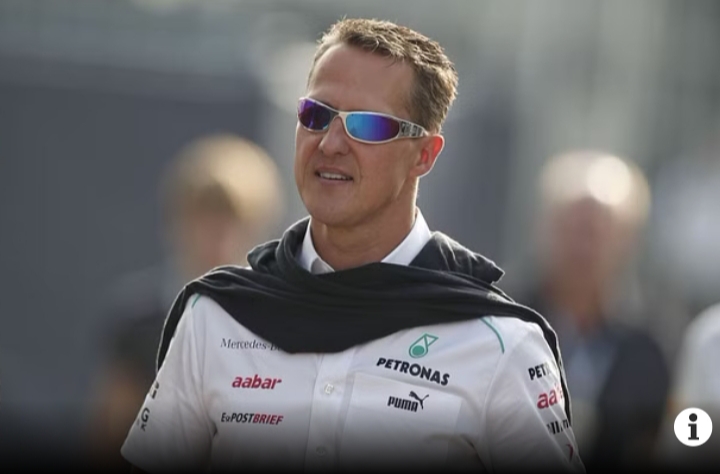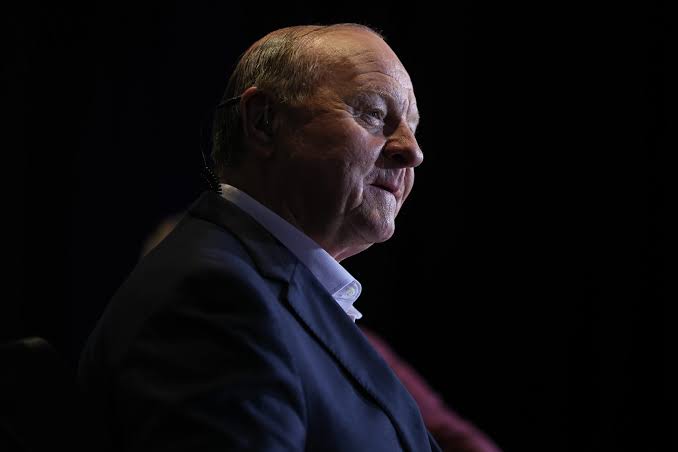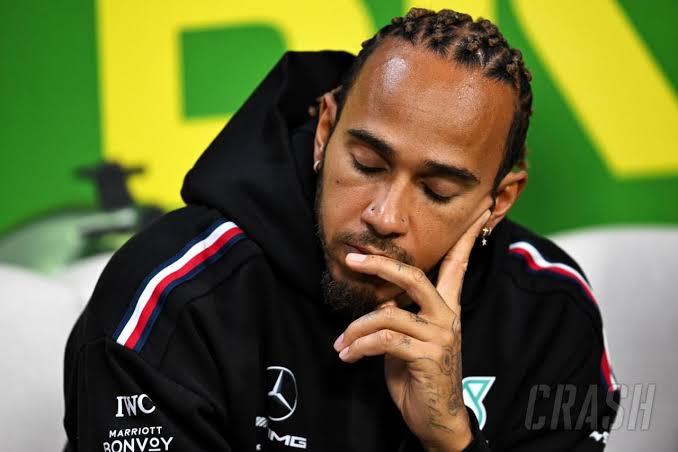In a move that brings two worlds of luxury and high-performance together, French luxury goods giant LVMH has made headlines with a major sponsorship deal in Formula 1. This partnership represents a significant convergence of fashion, lifestyle, and motorsport—two sectors that may seem worlds apart but share a deep connection to exclusivity, prestige, and an elite global audience. The deal is more than just a business arrangement; it marks a pivotal moment for both industries and is set to redefine the way luxury brands engage with sport.
The Luxury-Motorsport Link: A Match Made in Prestige
LVMH is no stranger to the world of high-end collaborations. As the parent company of iconic brands like Louis Vuitton, Christian Dior, and Hennessy, the conglomerate has built its empire on the foundations of opulence and aspiration. Formula 1, with its global reach, technological prowess, and high-octane thrills, offers the perfect platform for LVMH to extend its influence. While F1 has long been associated with luxury, this partnership takes that association to new heights.
Historically, Formula 1 has always attracted luxury sponsors, from watchmakers like Rolex to automakers such as Mercedes-Benz and Ferrari. What makes the LVMH sponsorship particularly compelling is that it represents a broader range of luxury goods—from fashion and accessories to fine wines and spirits—tapping into an affluent fanbase that aligns with LVMH’s target market.
Why Formula 1?
Formula 1 isn’t just about racing; it’s about technology, innovation, and exclusivity. The sport’s audience is as elite as it gets, often encompassing the wealthiest and most influential individuals worldwide. With races taking place in some of the most glamorous locations—Monaco, Abu Dhabi, Singapore—F1 has always been a sport where luxury and performance go hand-in-hand. Sponsoring F1 offers LVMH the opportunity to showcase its brand in front of millions of global viewers, many of whom are existing or potential customers.
This partnership also underscores a broader trend of luxury brands seeking to align themselves with sports that resonate with their core values. LVMH’s decision to back Formula 1 is strategic, given the sport’s growing popularity, particularly in emerging markets where the appetite for luxury goods is on the rise. By aligning with a sport that represents innovation, precision, and power, LVMH is positioning itself at the crossroads of tradition and modernity—qualities that both the brand and the sport share.
The Strategic Benefits for LVMH
One of the main reasons for LVMH’s entry into Formula 1 is the sport’s ability to reach a diverse, global audience. F1’s viewership spans continents, with races broadcast to over 500 million people annually. This broad appeal makes it an attractive proposition for LVMH, which operates in more than 80 countries. Through F1, LVMH can elevate brand awareness in regions like Asia and the Middle East, where luxury consumption is growing rapidly.
Moreover, the demographic of F1 fans skews toward the affluent, making it the perfect audience for LVMH. According to a 2022 Nielsen report, F1’s fanbase is one of the most lucrative in the world, with a significant proportion of viewers falling into high-income brackets. This aligns perfectly with LVMH’s customer profile, ensuring that their marketing efforts are targeted and efficient.
In addition to brand visibility, the sponsorship deal could pave the way for collaborative marketing opportunities. Imagine a custom Louis Vuitton travel collection designed specifically for the jet-setting F1 crowd or a limited-edition champagne from Moët & Chandon to commemorate a championship victory. The potential for cross-promotions between LVMH’s vast portfolio of luxury brands and Formula 1 is limitless, and it’s this potential that likely played a key role in LVMH’s decision to invest in the sport.
Formula 1’s Growing Appeal to Luxury Brands
While LVMH is the latest luxury brand to enter Formula 1, it is by no means the first. In recent years, F1 has seen a growing influx of high-end sponsors as the sport continues to expand its reach. The Liberty Media takeover in 2017 marked a turning point for F1, bringing in new fans through initiatives like Netflix’s “Drive to Survive” series and increasing its digital and social media presence. The sport is no longer confined to its traditional audience; it is reaching a younger, more diverse demographic, making it an increasingly attractive platform for luxury brands.
The partnership also reflects a shift in consumer preferences. Today’s luxury consumers are not just interested in products; they are looking for experiences. Formula 1 offers an experience unlike any other, blending adrenaline, cutting-edge technology, and global glamour. By sponsoring F1, LVMH can tap into this experiential luxury trend, offering its customers exclusive access to races, VIP events, and one-of-a-kind collaborations that go beyond mere product placement.
The Impact on Formula 1
For Formula 1, securing LVMH as a sponsor is a significant win. It elevates the sport’s brand even further, reinforcing its status as the pinnacle of motorsport and a key player in the luxury sector. The partnership will likely bring new fans to the sport, particularly those who follow LVMH’s luxury brands but may not yet be engaged with Formula 1.
Additionally, the deal could open the door for other luxury brands to follow suit, further blurring the lines between motorsport and high fashion. As more luxury brands enter the F1 space, the sport’s image will continue to evolve, attracting a broader, more diverse fanbase while maintaining its core appeal to high-net-worth individuals.
A New Chapter in the Luxury-Sports Narrative
In conclusion, LVMH’s foray into Formula 1 represents more than just a business transaction; it’s a strategic partnership that reflects the evolving relationship between luxury and sport. As Formula 1 continues to grow in popularity and expand into new markets, luxury brands like LVMH will play a crucial role in shaping the sport’s future.
The sponsorship is a win-win for both parties. For LVMH, it offers unparalleled global exposure and the chance to engage with a lucrative, passionate fanbase. For Formula 1, it elevates the sport’s luxury credentials and opens the door to even more high-end partnerships. As the worlds of luxury and motorsport continue to converge, this deal will likely be remembered as a defining moment in both industries.




